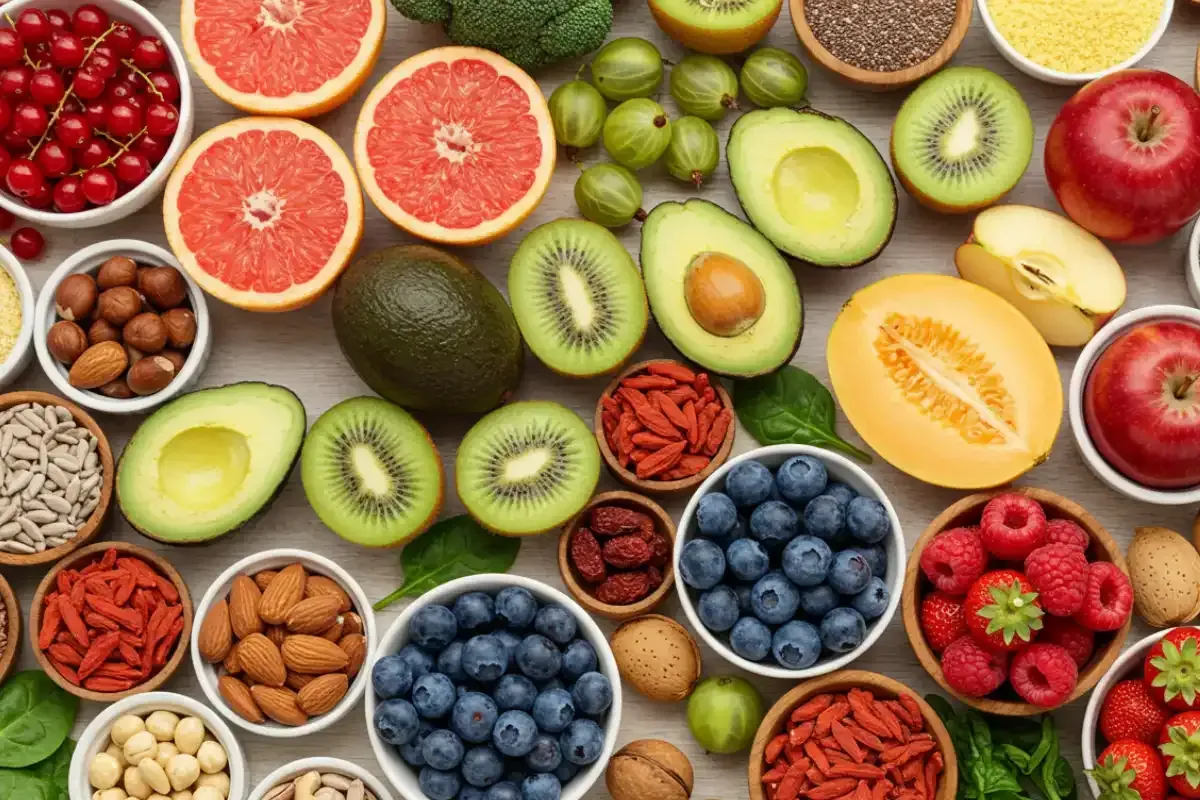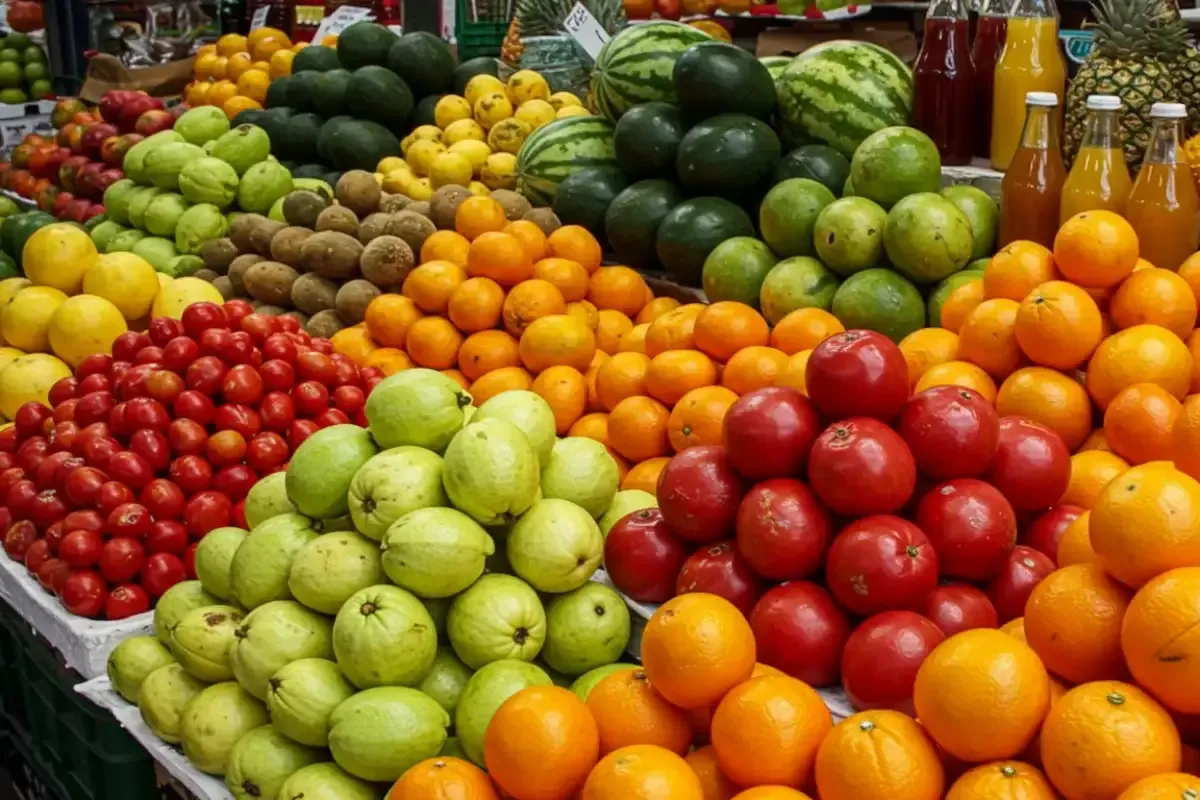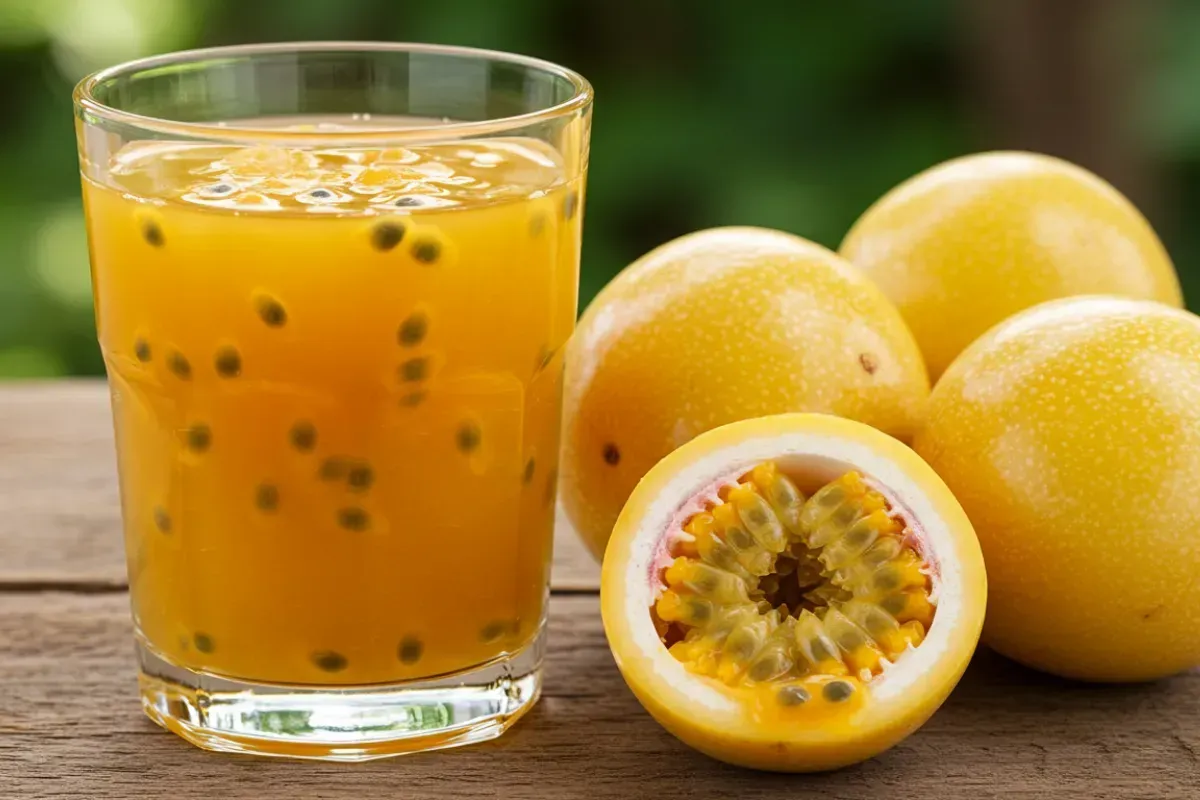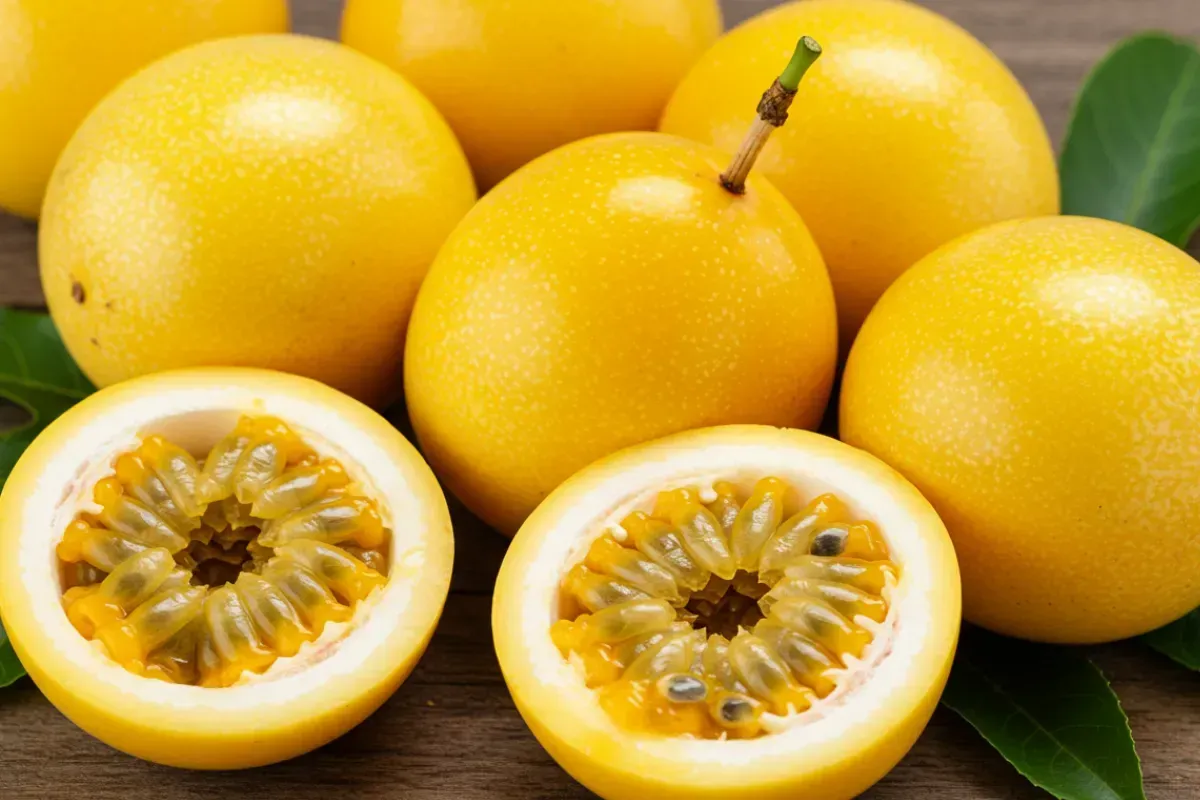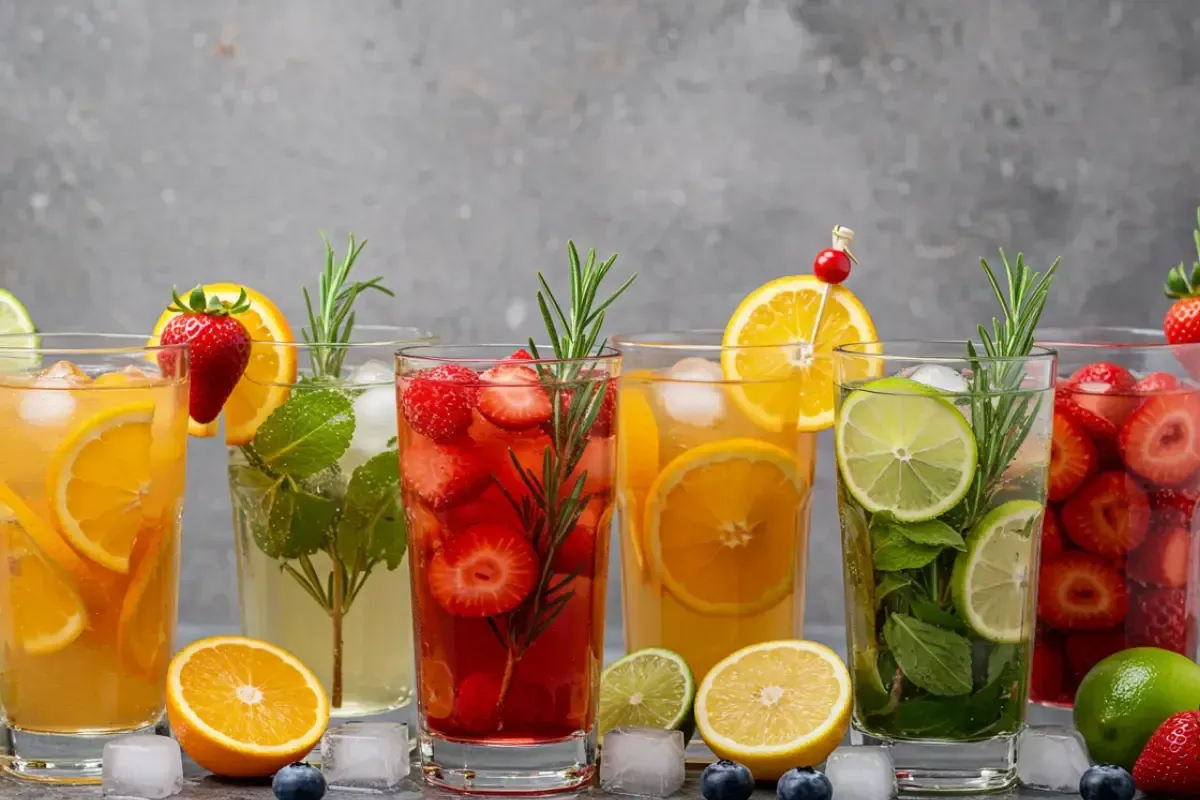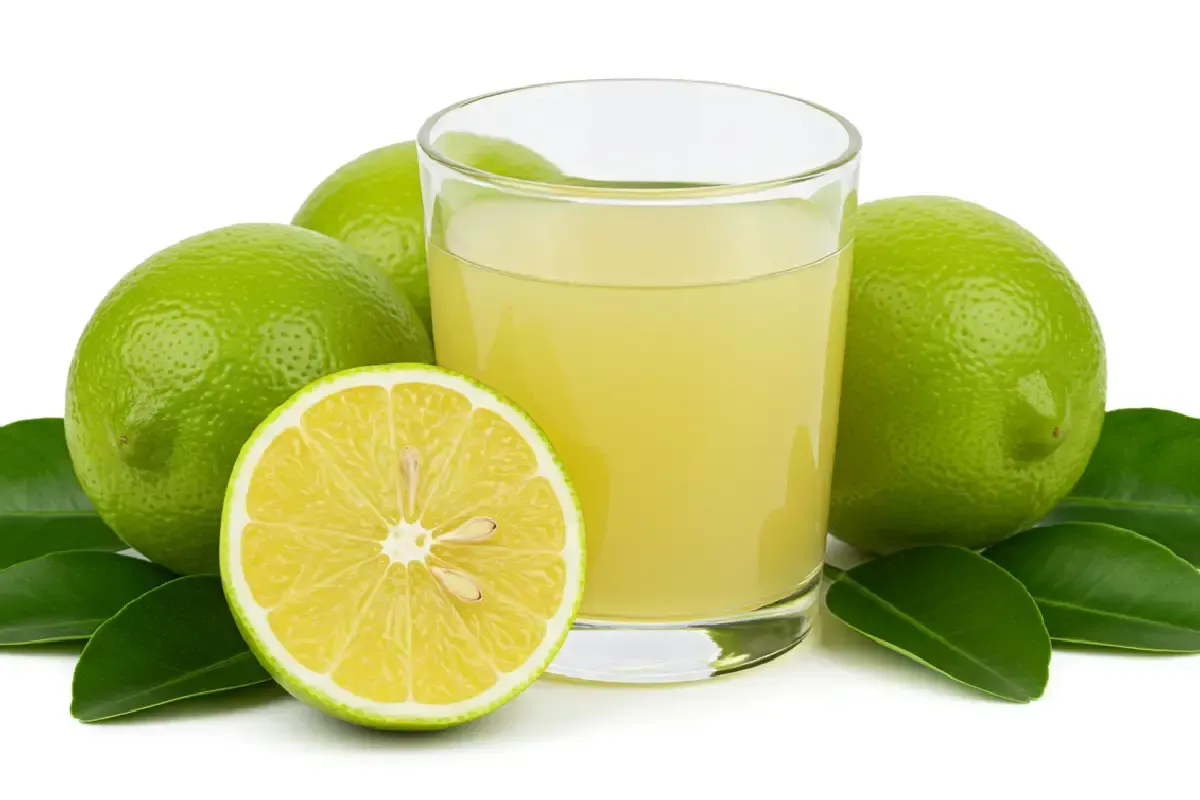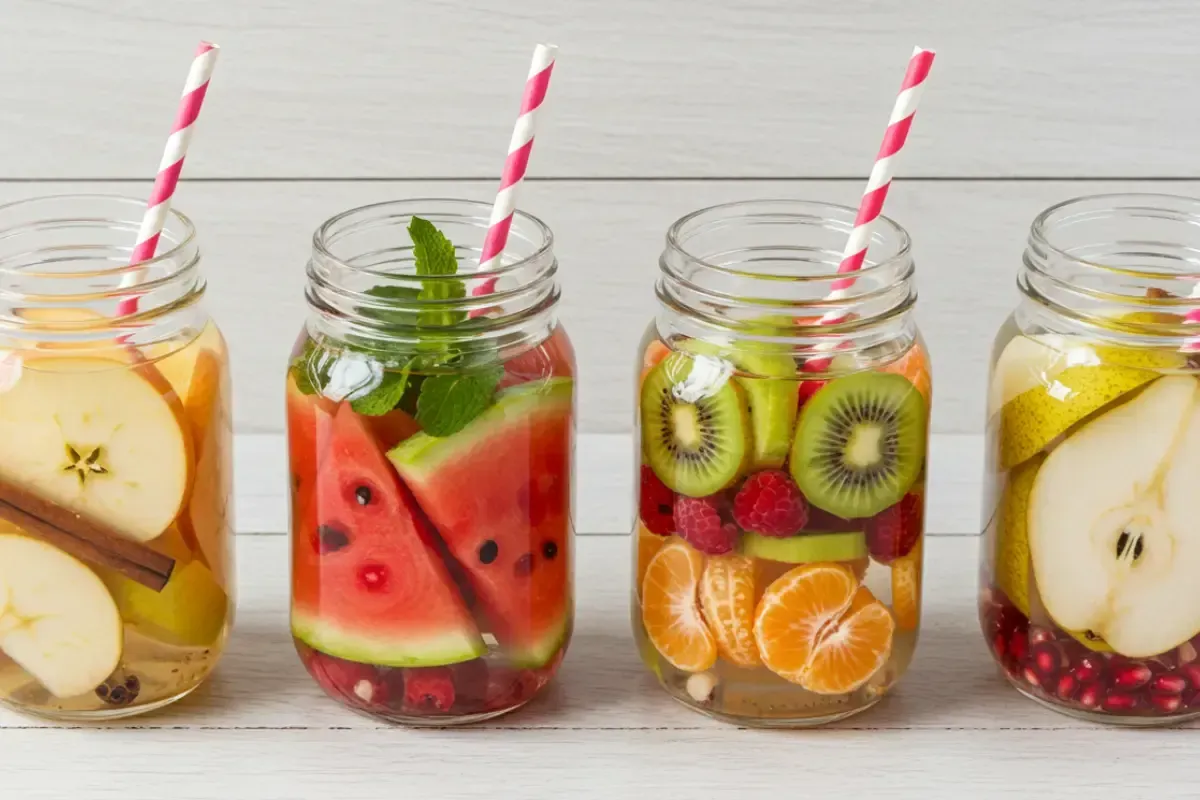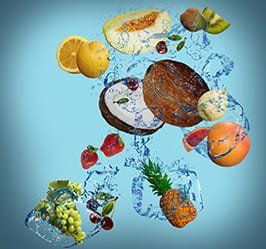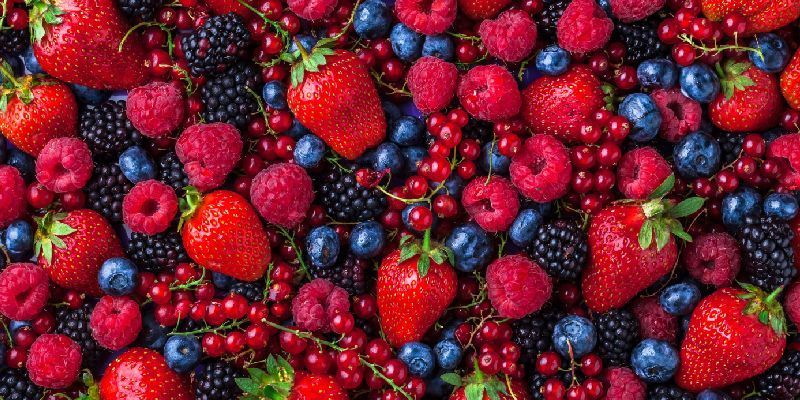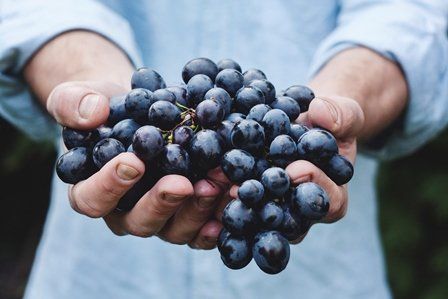Sustainability in food production: what is it all about?
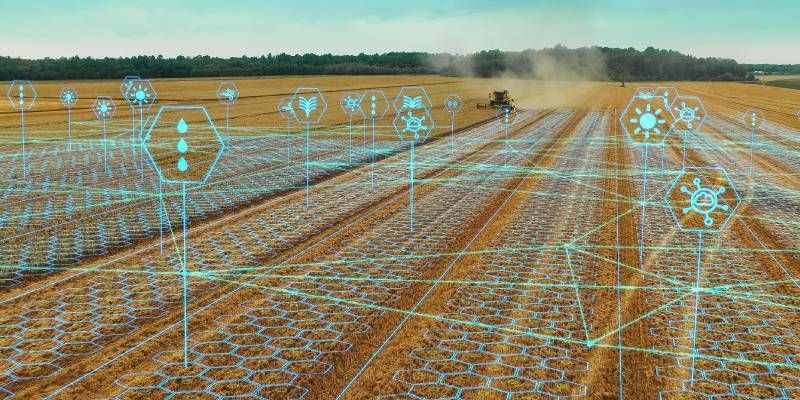
How do we feed ourselves in a way that nourishes us and also takes care of our environment? The answer revolves around sustainability in food production. Want to know what it's all about? Don't miss what follows.
Sustainable food means nourishing the entire population. In this way, benefits are generated for both people and the planet (Moragues, 2021). This requires.
· Sustainability in food production. It involves food processing; a transparent supply chain; and the procurement and consumption of supplies in a way that promotes prosperity and social equity.
· Furthermore, care, preservation and regeneration of natural resources and ecological systems are essential for our planet's well-being.
We must do all of this with the fundamental objective of preserving the ability of future generations to feed themselves in a sustainable manner.
Sustainability in food production: what is it all about?
Therefore, our world presents an unprecedented challenge, according to information from Roig (2020).
· By 2050, food demand is expected to increase by 70%.
· Agriculture, already under pressure due to climate change, will have to supply this growing population.
· Food waste levels are reaching alarming proportions. If all food waste were gathered together and turned into a country, it would be the third largest emitter of carbon dioxide (CO2), following China and the United States.
For this reason, the food and beverage industry must consider adequate demand planning while safeguarding sustainability in food production.
What is sustainable production?
To clarify, this concept implies meeting current nutritional demands without compromising the ability of future generations to do the same (FAO, s.f.). In other words, this form of production entails the implementation of agricultural and feeding methods that are:
· Respectful of the environment.
· Fair in social terms.
· Economically viable.
Its importance lies in its contribution to the four fundamentals of food security:
· Availability.
· Accessibility.
· Utilization.
· Stability.
Likewise, this practice also positively influences the three spheres of sustainability: environmental, social and economic. In this sense, sustainability in food production ensures that natural resources are used responsibly and preserved for future generations (FAO, s.f.).
Sustainable practices implemented in food production
Sustainable business practices vary from sector to sector. They are often adapted to the particular characteristics of each company. According to Olupinyo (2020), some of these are:
1. Use of biodegradable and recyclable direct materials.
2. Implementation of measures to prevent food loss throughout the food logistics.
3. Encouragement of the development of plant-based foods as alternatives to meat and dairy.
4. Switching to renewable energy sources, such as solar or wind power, to reduce the carbon footprint.
In short, by supporting these practices, we not only contribute to the health of the planet and communities, but also to the long-term viability of the food industry. Sustainability has become urgent, and we must remember that the choices we make today will shape the food landscape of tomorrow.
Bibliographic references
- Olupinyo, G. (2020). Sustainable Business Practices for the Food and Agricultural Industries. Retrieved from: Green Business Bureau.
- FAO. (s.f.). Sustainable food and agriculture.
- Moragues, A. (2021). Sustainable food. Manual for cities. Barcelona.
- Roig, A. (2020). Towards sustainable nutrition: a multidisciplinary effort. Hospital Nutrition, 43-46.

